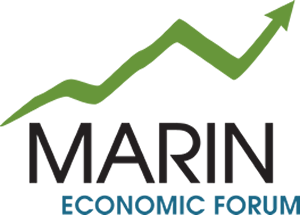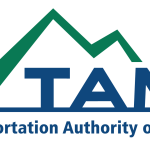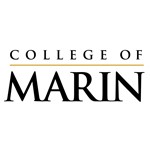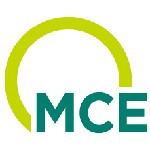5/27 Blog Topic: The Coming changes in business models
May 27, 2020
As the world reluctantly accepts a shift from “back to normal” to the “new normal”, industry sectors are strategically considering their futures, with a strong likelihood that a new business model will be required. Organizational change is hard, so this process will be difficult and for some, perhaps even emotional.
An informative article from the MIT Sloan Management Review describes the changes in operations many name brand companies have made since COVID-19. Most of the changes show how companies were able to leverage and pivot. This will be the prevailing strategy that most businesses take in the short-to-medium term. For a large company with resources like senior executives and cash, implementing change in a rapid way is possible. While small businesses are nimble, significant changes to a business model can be difficult and often not desirable.
Marin County has long been recognized as an economy of small businesses. Almost 70% of all payroll firms in the county employ 9 people of fewer. Despite the small scale of companies, the county is host to a highly diverse number of sectors. This provides a front row seat to the coming business model changes, whether they be in restaurants, health care providers, education, or even technology.
One of the most prevalent sectors in Marin County is retail. Already facing pressure from the growth of ecommerce, retail was hit hard by the shelter-in-place order that effectively closed doors for 2 months now. This article by Forbes suggests the retail landscape is going to significantly change in response to consumer shopping preferences, which will not only prioritize convenience (through online shopping), but also safety. Many small businesses provide a more personal touch but as noted by a representative of famed Marin menswear shop Gene Hiller, “Nobody’s going to want to buy a suit or sport coat curbside.”
Restaurants are a large source of employment in Marin economy. Credit is due to the many restaurants that were able to quickly pivot operations towards delivery and take out, yet many employees in this sector lost jobs. It may be too early to understand how this sector will adapt but what is clear is the need to guarantee safety for diners. Restaurant owners will need to re-think current business processes to support improved safety over labor and production efficiency.

Specialty food and beverage companies were also quick to pivot, producing the same product but opening new sales channels, namely direct-to-consumer (DTC). In some cases, serving the DTC channel only required adjustments to existing web-based commerce or changing packaging to enable smaller scale ordering. Producers were already pursuing methods to shrink the supply chain to the end customer-COVID-19 will surely accelerate the DTC business model.
The real estate sector (including rentals and leases) is another major sector in Marin, representing almost 20% of the GRP in 2018. Although the Marin residential real estate market is hyper local, innovations in the sector launched pre COVID-19 could eventually appear. One such innovation, referred to as “iBuying” provides an alternative to would-be sellers by providing online, cash offers. Some iBuyers, like San Francisco-based Opendoor, put operations on hold during COVID-19 with the uncertainty of home prices but are slowly coming back, relying on sophisticated data analytics to model pricing. Again, the Marin real estate market may not be the place for iBuying but business models that can expedite transactions while minimizing human contact may become more desirable.
While Marin County is not a “tech hub” by any stretch, a high number of our residents work in the tech sector and many for start-ups. Start-up growth may be delayed by a smaller pool of available venture capital, but some have used the pandemic to retool their products to respond to new demands. One such start-up is Bay Area-based Pathr, which uses artificial intelligence to predict spatial movements. In response to new social distancing requirements (which may be with us a long time) Pathr developed “Socialdistance.ai”, an AI solution created to help businesses safely reopen and protect customers and staff by evaluating foot traffic, layout, and establishing social distancing options.
Longtime Marin businesses have showed resiliency before, remaining open despite previous recessions and competition from big box retail. Doing so this time might require wholesale changes to the business model but I am confident many will rise to the challenge of a post COVID-19 market.
Mike Blakeley, CEO
Marin Economic Forum
Tags: blog














